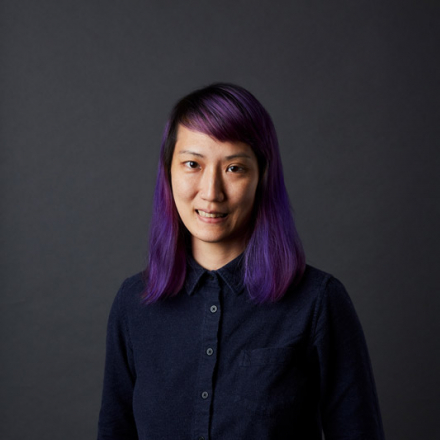Interlaying and the quest for purple cows: a framework for developing innovative mindsets in educators
Innovation is essential in education, not just as learning outcomes for students but for teachers as well. Gaps in teacher training are ever present due to a variety of factors, namely systemic, personal or generational beliefs (Ng, 2004). Beyond satisfying the socio-economic needs of a country, innovation in teaching means a shift in practices, perceptions and challenging a system focused on results. In this study, I examine my artistic practice and how it contributes to my more recent teaching practice. As the two collide, I pinpoint the dominant thinking models that enable innovation. Together with Danah Henriksen’s (2018) 7 transdisciplinary cognitive skills, I distill these into INTERLAYING, a methodology to cultivate innovative mindsets for educators. Key themes explored include self-reflexivity, ways of knowing, design thinking and interdisciplinary synthesis. A qualitative pilot study of INTERLAYING was conducted in November 2020 in the form of an intensive workshop. The findings from Cycle 1 lend itself to this dissertation which takes the form of an a/r/tographic exploration of a Version 2 - Guidebook Edition. It is an experimentation into the design and user experience of the method as a publication. Findings of this study note that the 7 cognitive skills are highly dependent on the cognitive construct of each individual and whilst the highly structured guidebook is a useful tool, facilitation of the method is a key aspect that allows for more flexibility, dialogue and peer learning which takes precedence and is more effective in transcending the intangible elements of the method.













